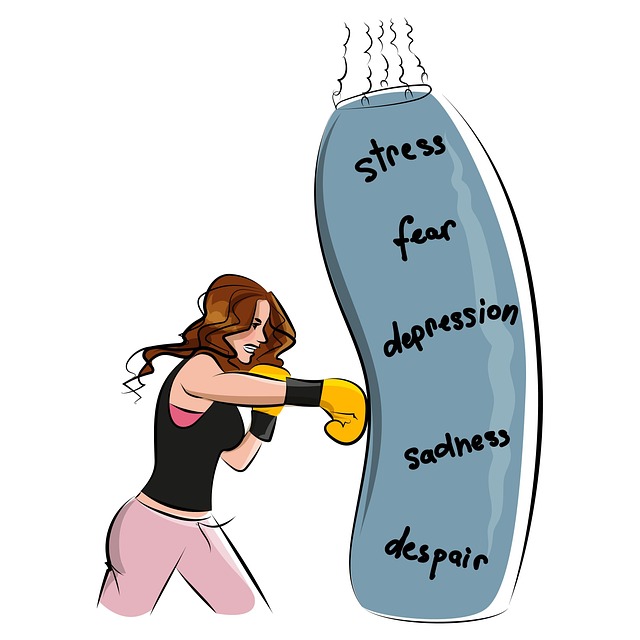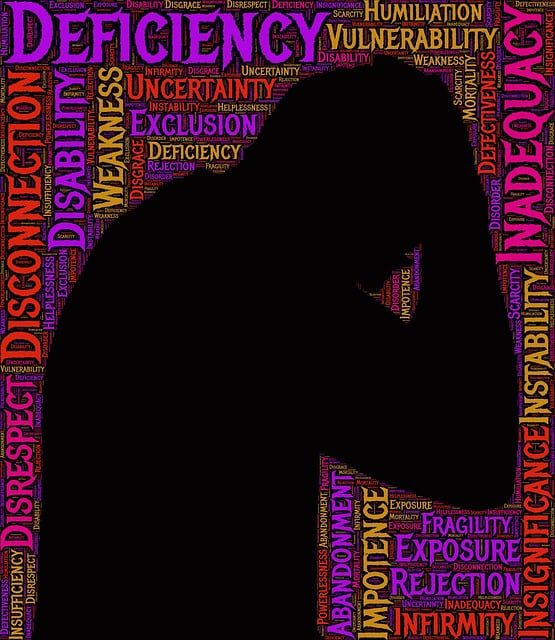Mental health policies significantly shape the treatment landscape for Attention Deficit Disorder (ADD) and Attention Deficit Hyperactivity Disorder (ADHD), affecting access, quality, and societal perception. Inadequate policies contribute to disparities in therapy, hindering positive outcomes. Effective mental health policies are vital to ensure individuals with ADD-ADHD receive evidence-based treatments like behavioral therapies and medication management, leading to improved emotional well-being and confidence.
To enhance accessibility, options must be diversified, communities educated, and conflict resolution integrated into therapeutic practices. Advocacy plays a crucial role in promoting awareness, dispelling myths, and reducing stigma around ADD-ADHD, pushing for policies that improve access to specialized therapy and evidence-based interventions. Global strategies like integrating therapy into schools demonstrate successful policy advocacy, offering valuable insights for global efforts to enhance mental health outcomes, particularly for youth.
Mental health policy plays a pivotal role in shaping the accessibility of essential services, particularly for individuals with Attention Deficit Disorder (ADD) and Attention Deficit Hyperactivity Disorder (ADHD). This article delves into the intricate web of mental health policy analysis and advocacy, exploring its profound impact on ADD-ADHD treatment availability. We dissect barriers hindering access to therapy, present global perspectives on successful policy implementations, and offer advocacy strategies to enhance support for those with ADD-ADHD. By understanding these factors, we can work towards a world where quality mental health services are accessible to all.
- Understanding Mental Health Policy and Its Impact on ADD-ADHD Treatment Availability
- Analyzing Barriers to Accessing Therapy for ADD-ADHD: A Comprehensive Look
- Advocacy Strategies for Improving Mental Health Services and Support for ADD-ADHD Individuals
- Global Perspectives: International Success Stories in Mentally Healthy Education and ADD-ADHD Policy Implementation
Understanding Mental Health Policy and Its Impact on ADD-ADHD Treatment Availability

Mental health policies play a pivotal role in shaping the accessibility and quality of treatment for conditions such as Attention Deficit Disorder (ADD) and Attention Deficit Hyperactivity Disorder (ADHD). These policies dictate funding, service provision, and overall societal attitudes towards mental health. In many regions, inadequate mental health policies have led to disparities in access to therapy for ADD-ADHD, often leaving individuals without the necessary support. This is particularly concerning given that early intervention and appropriate therapy can significantly improve outcomes for those affected.
Effective mental health policies are essential for ensuring that individuals with ADD-ADHD receive evidence-based treatments, including behavioral therapies, medication management, and self-awareness exercises, which foster emotional healing processes and build confidence. By advocating for robust policies that prioritize mental health, we can create a more inclusive environment where everyone has the opportunity to thrive despite these challenges.
Analyzing Barriers to Accessing Therapy for ADD-ADHD: A Comprehensive Look

Accessing therapy for ADD-ADHD often presents a complex web of challenges that hinder individuals from receiving much-needed support. Barriers to care can be multifaceted, ranging from socioeconomic constraints that limit access to specialized services, to a lack of awareness and understanding about the condition itself. Stigma surrounding mental health issues also plays a significant role, leading many to hesitate or avoid seeking professional help.
Comprehensive analysis reveals several key areas requiring attention. Improving accessibility involves increasing availability of evidence-based therapy options through both traditional and online platforms. Educating communities on ADD-ADHD symptoms and effective communication strategies can foster an environment of empathy and support. Additionally, integrating conflict resolution techniques into therapeutic practices empowers individuals to navigate interpersonal challenges associated with the condition, enhancing overall emotional healing processes.
Advocacy Strategies for Improving Mental Health Services and Support for ADD-ADHD Individuals

Advocacy plays a pivotal role in shaping mental health policies and ensuring adequate support for individuals with ADD-ADHD. One effective strategy is to raise awareness about the unique challenges faced by those with attention-deficit/hyperactivity disorders. This involves educating the public, healthcare professionals, and policymakers about the neurobiological basis of ADD-ADHD, its impact on daily life, and the importance of early intervention. By fostering understanding, advocates can dispel myths and reduce stigma, paving the way for more inclusive policies.
Additionally, advocacy groups can push for improved access to specialized therapy for ADD-ADHD, such as cognitive-behavioral therapy (CBT) and medication management. They can lobby for increased funding to support evidence-based interventions, including Stress Management Workshops Organization and Conflict Resolution Techniques, which empower individuals with coping mechanisms. These initiatives contribute to holistic emotional healing processes, ensuring that those with ADD-ADHD receive the comprehensive care they deserve.
Global Perspectives: International Success Stories in Mentally Healthy Education and ADD-ADHD Policy Implementation

Around the globe, several countries have pioneered innovative approaches to mental health education and policy implementation, offering valuable insights for global perspectives on ADD-ADHD (Attention Deficit Hyperactivity Disorder) management. These international success stories highlight the effectiveness of integrating therapy for ADD-ADHD into educational settings and implementing comprehensive crisis intervention guidance tailored to young minds.
For instance, some countries have successfully incorporated empathy building strategies into their curricula, fostering supportive environments that encourage emotional expression and healing processes among students. These initiatives not only promote mental well-being but also equip young individuals with essential coping mechanisms to navigate challenges, including ADD-ADHD symptoms. By adopting such holistic approaches, these nations serve as models for effective policy advocacy, demonstrating the potential for positive global change in addressing mental health concerns, especially among youth.
Mental health policy analysis and advocacy play a pivotal role in shaping access to therapy for ADD-ADHD, globally. By understanding the impact of policies on treatment availability, identifying and addressing barriers, and employing effective advocacy strategies, we can significantly improve mental health services. International success stories highlight the potential of implementing mentally healthy education and evidence-based policy interventions, demonstrating that with concerted efforts, we can create a more inclusive and supportive environment for individuals living with ADD-ADHD.














